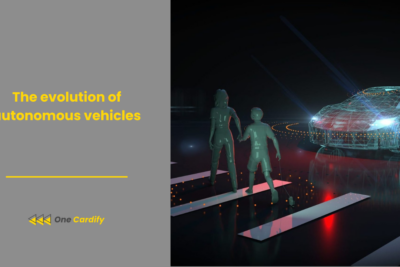
The expansion of the Internet of Things (IoT)
Have you ever thought about how your coffee machine always knows exactly at what time to have your morning brew ready? Or when your home is magically at the perfect temperature as you step through the door? The modern world is a growing home to the internet of things (IoT), a network of smart devices that are making our lives more connected and convenient than many of us could ever imagine. IoT is a fabric of everyday life, implanting smarts in our homes, factories, and cities, ranging from toasters to thermostats.This article will delve into the proliferation of those smart devices to see how they are changing industries, improving our living environments, and redefining the urban landscapes. So, be ready to go through the complexities of this technological revolution, one smart device at a time.This set of post should leaver you clear on the fact that the world of Internet of everything is not struggling but rather thriving, connecting our everyday items onto the web, making them smarter making us more informed and efficient in process. Let us move into the crux of how this connectivity is changing the game in different areas.
Related content
The Rise of Smart Living Spaces
Picture entering a home that virtually knows you as it lights up, warms up, or cools down to your desired temperature setting, and also playing your favorite songs. This is not the story line of a sci-fi movie, but the current state of smart homes, a core part of the growth of the Internet of Things. The role of IoT in the development of smart homes is significant turning living spaces not only into habitats but smart environments that increase comfort and energy efficiency.Internet connected smart gadgets enable an unprecedented level of control over home systems like light, heating, security and entertainment. It is the type of automation and personalization that not only assures convenience but also great power conservation and security improvements.However, it doesn’t end in houses. Smart living has been manifested at the level of the whole cities. Smart city initiatives utilize IoT to improve service delivery, minimize wastage and improve the lives of the citizens.
Related content
Revolutionizing Industries
The issue is not only the smart home concept but also the realization of almost impossible level of automation and efficiency that IoT enables to support in different industries. The concept of increasing industrial productivity through IoT touches upon how industries such as manufacturing, agriculture, and healthcare are enjoying significant advancements in productivity and innovation courtesy of connected devices that collect and analyze actual-time data.As an example, in manufacturing, IoT devices monitor and optimize the production flows, which leads to the dramatic reduction of downtime. In agriculture, sensors control soil moisture and alert about crop diseases, which leads to targeted irrigation and treatment, improving yield. The healthcare industry gains through improved patient monitoring systems which result in personalized and timely care.
Smart Cities: The Future of Urban Living
Smart cities are one of the boldest applications of IoT. The effect of IoT on urban planning is significant, solving many of the urban problems such as traffic jams, energy waste, and public safety. Using information from sensors, cameras, and GPS systems, the city designers are able to control traffic flow, develop public transport system, and manage resources better.The smart lighting and waste management systems are just scratching the surface. At the higher scale, this is represented by smart grids for energy, water monitoring systems, and improved emergency response capabilities that make the cities more liveable, sustainable, and resilient.
Challenges and Considerations
As promising as the development of IoT is, there are some challenges. On the top of the concerns are privacy, security, and data management. The more devices we integrate into our lives the more data breaches and privacy invasions are at risk. Therefore, the development of IoT systems also requires enhancement of security systems and privacy controls related to these devices.
Looking Forward
The future of IoT is even brighter in the sense that intelligence will become even more integrated with our lives, with such amazing solutions as 5G making communication between devices fast and reliable. Developments in AI and machine learning enhance the potential of IoT, which can do not only reactive but predictive systems.
The Global Impact
The growth of IoT is not only a technical revolution, but also a transformation of our relation to the environment. The possibilities are endless, from personal comfort to the global sustainability objectives. As technologies develop and more devices are connected, the influence of IoT will expand to cover all spheres of human existence and redefine our future.
Closing Thoughts
The growing amount of IoT is leading us to a world which is not a vivid line between the physical and digital, with the system of thousands of smart devices working together without any visible contrast. The further we get into the interconnected world, the opportunities are as much as they are thrilling. The tide of change we ride now leaves us on the threshold of a new era in innovation, productivity, and environmental responsibility.
IoT refers to a network of physical objects embedded with sensors, software, and other technologies, with the purpose of connecting and exchanging data with other devices and systems over the internet.
IoT devices in smart homes offer convenience through automation, enhanced security, energy efficiency, and personalized living experiences by allowing homeowners to control various home systems remotely.
IoT technology revolutionizes industries by improving operational efficiency, reducing downtime, enhancing product quality, and facilitating real-time decision-making through data analytics.
Smart cities utilize IoT to integrate and analyze data from various sources, resulting in optimized public services, reduced environmental impact, and improved urban living standards.
Key challenges include ensuring the privacy and security of data, managing the vast amount of data generated, and addressing the environmental impact of producing and disposing of IoT devices.
5G technology enhances IoT by providing faster, more reliable connections between devices, facilitating higher data transfer rates and enabling more devices to be connected concurrently.
The future of IoT is likely to see more pervasive integration into our daily lives, advanced AI and machine learning capabilities, and innovations that further blur the lines between physical and digital worlds.
Embracing the IoT Revolution
As we embark in the complexity of the Internet of Things, it is obvious that the advantages go beyond just the convenience. Much the same as the potential of IoT to improve efficiency, safety, and sustainability. Developers and users do not see that everything around us in this world is interconnected, so we are about to enter a world where every device gets the potential to bring value to our lives in ways we are only starting to comprehend.The trip to this clever, interwoven area has just begun, and the opportunities are as thrilling as they are immense. Being conscious of the obstacles and striving with purpose, we make the most of the Internet of Things and bring a better, connected world for generations.Therefore, are you prepared to join this IoT revolution?Let’s smarten up the future, as one.
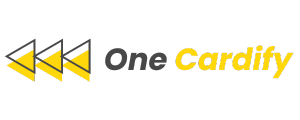
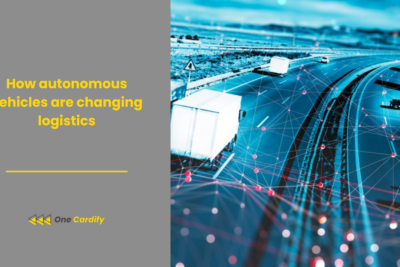
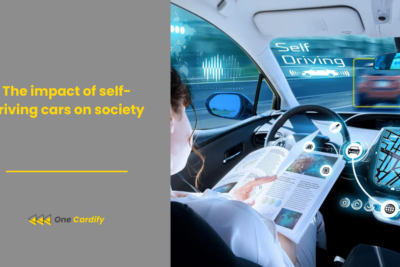
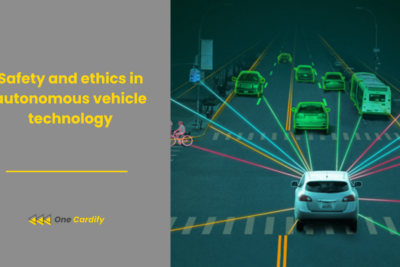
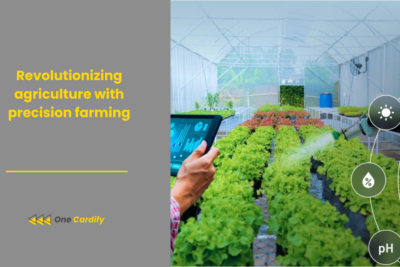
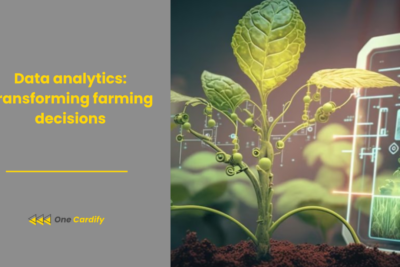
Related Posts